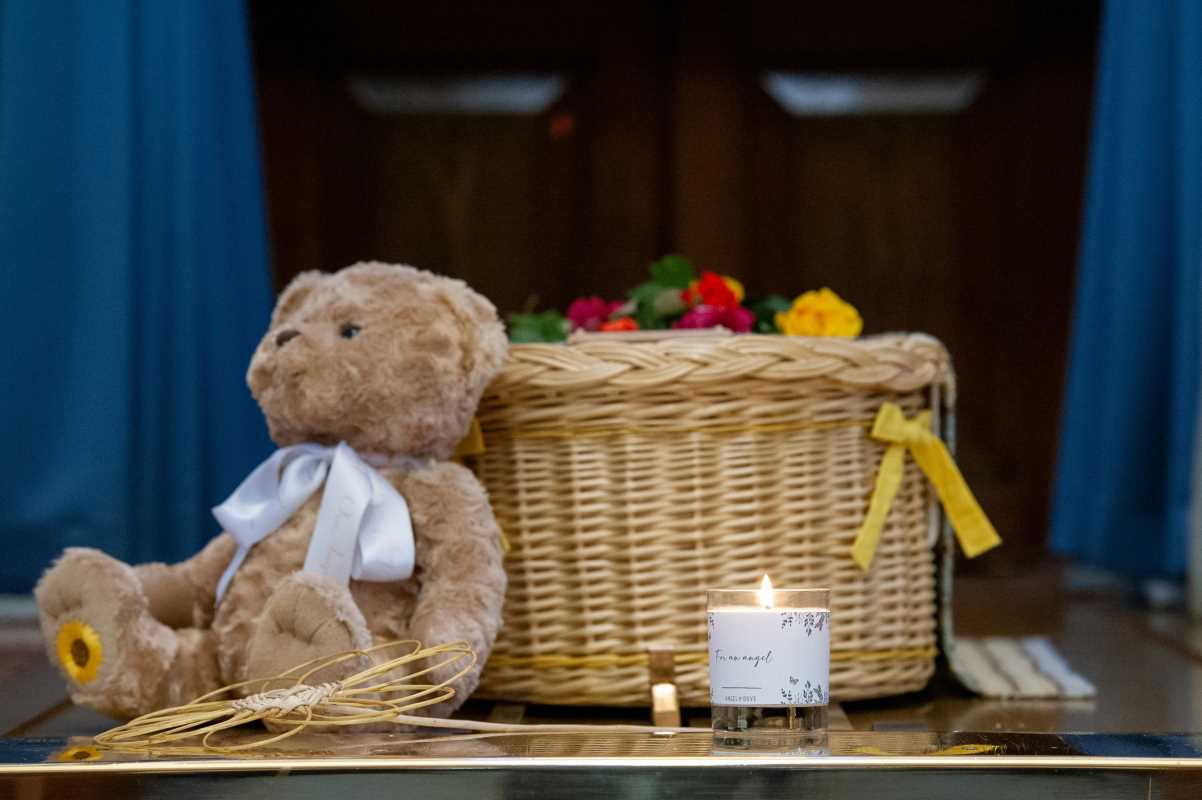The sibling relationship is a peculiar one. It’s a messy, beautiful, and often deafeningly loud mix of fierce loyalty and outright warfare, sometimes within the same five-minute span. One minute, they are co-conspirators in a plot to get extra cookies; the next, they are locked in a mortal-kombat-style dispute over who gets to be the blue dinosaur. For parents, refereeing these skirmishes can feel like a full-time, unpaid job with a terrible uniform and no holidays. We dream of a harmonious household where our children work together like a well-oiled machine, but the reality often looks more like a demolition derby.
The constant bickering isn't just noise; it’s a sign that they're learning (or failing to learn) how to navigate complex social dynamics with the one person they can't fire or unfriend. While a completely conflict-free existence is an unrealistic fantasy, you can absolutely steer them toward more cooperation and less chaos. The goal isn’t to eliminate all disagreement but to equip them with the tools to see each other as teammates rather than rivals. It's about shifting the family dynamic from a constant competition for resources, be it toys, attention, or the last slice of pizza, to a culture of collaboration. So, how do you do it? Let’s dive into a couple of solid strategies that can turn your little rivals into a reliable team.
Institute Team-Based Challenges
One of the fastest ways to get two people to stop fighting each other is to give them a common enemy or a shared goal. In the world of parenting, this doesn't mean you need to hire a villain to menace your children. It simply means creating scenarios where their success is tied together. Team-based challenges reframe household tasks and activities from individual chores into collaborative missions. Instead of "you clean your room, and you clean yours," it becomes "let's see if Team Kids can get this living room tidy before the timer goes off." Suddenly, it’s not about individual drudgery; it’s a race against the clock, and they need each other to win.
This strategy works because it taps into a fundamental aspect of human nature: we are wired for teamwork when facing a shared objective. The "enemy" can be the mess, the clock, or just the challenge itself. You can apply this to almost anything. "Can you two work together to build the tallest tower out of these blocks?" is far more effective than just dumping the blocks on the floor. "Your mission, should you choose to accept it, is to get all the groceries from the car to the kitchen in one team trip" fosters more cooperation than nagging them individually to help. The key is to make it playful and to ensure the reward, whether it’s praise, a small treat, or just the satisfaction of victory, is shared.
Create a "Kid Corporation"
This may sound a bit formal, but framing certain family responsibilities as a "business" can be a surprisingly fun and effective way to teach cooperation, responsibility, and even some basic economic principles. The "Kid Corporation" is a system where siblings are co-CEOs of certain household domains. They are jointly responsible for the outcome, and they share in the rewards or consequences together. This moves beyond simple chores and encourages them to think strategically, negotiate roles, and manage a project from start to finish. It’s a powerful lesson in interdependence.
For example, they could be in charge of the "Pet Care Division." This means they are jointly responsible for feeding the dog, making sure its water bowl is full, and taking it for a walk. If the dog is fed, they both succeed. If the dog's water bowl is empty, the "Corporation" has failed, and they both have to answer for it. This eliminates the blame game. It’s no longer "he forgot to feed the dog"; it’s "our division missed a task." They quickly learn that it’s in their best interest to communicate, remind each other, and cover for one another to ensure the job gets done.
Let Them Solve Their Own Problems
As parents, our instinct is to swoop in at the first sign of trouble. When we hear the tell-tale sounds of a brewing argument, we rush in to mediate, negotiate, and pass judgment. While this solves the immediate problem (and restores our sanity for a moment), it robs our children of the opportunity to develop crucial conflict-resolution skills. By constantly acting as the judge and jury, we inadvertently teach them that they are incapable of solving their own disputes and that the best way to win an argument is to appeal to a higher authority, you. A powerful way to foster teamwork is to take a step back and let them figure it out.
When a conflict arises over a toy, instead of deciding who gets it, try framing it as a shared problem. Say, "This is a tough one. You both want the same truck. As a team, what do you think is a fair solution so you can both be happy?" This might be met with blank stares or even an escalation at first, but with practice, they will start to come up with their own solutions. They might suggest taking turns with a timer, or one might decide to play with the truck while the other chooses a different toy, with a plan to swap later. They are learning to negotiate, compromise, and see things from their sibling's perspective, the very building blocks of teamwork.
Tips for Effective Implementation
Putting these strategies into practice requires consistency and a bit of a mindset shift from you, the parent. It’s not about a single magic trick but about building a consistent culture of cooperation in your home. The goal is to make "we" a more common word than "me."
- Define Clear, Shared Goals: For any team challenge, make sure the objective is crystal clear and achievable. "Tidy the playroom" is vague. "Put all the LEGOs in the red bin and all the books on the shelf" is specific.
- Stay Neutral: When you let them solve their own problems, resist the urge to take sides, even if one child is clearly "in the wrong." Act as a facilitator, not a judge. Your role is to help them communicate, not to declare a winner.
- Celebrate a Team Win: When they successfully complete a challenge or resolve a conflict, make a big deal out of their teamwork. Praise their collaboration specifically: "I was so impressed with how you two worked together to set the table so quickly!"
- Allow for Failure: Not every team challenge will be a success, and not every conflict will be resolved peacefully. That's okay. Use these moments as learning opportunities. "That didn't work out so well. What could our team do differently next time?"
- Model Teamwork: Children are always watching. Let them see you and your partner (or a friend or family member) cooperating, compromising, and speaking respectfully to each other when you disagree. Your own behavior is the most powerful lesson of all.
The Long-Term Payoff
Encouraging sibling cooperation isn't just about achieving a quieter, more peaceful home today. It's an investment in your children's future and in their lifelong relationship with each other. By teaching them how to work as a team, you are giving them skills that will serve them in school, in their careers, and in all of their future relationships. They are learning that collaboration can achieve more than individual effort and that supporting a teammate is more rewarding than competing against them.
Ultimately, you are helping them build the foundation for a strong, resilient sibling bond that will last long after the toys are put away and they've left your home. You're showing them that their sibling isn't just a roommate they were assigned at birth, but their first and most important teammate. And while they may never completely stop arguing over who gets the front seat, they will have a deep-seated understanding that when it really counts, they are on the same team. That’s a victory worth more than a thousand quiet afternoons.
 (Image via
(Image via





